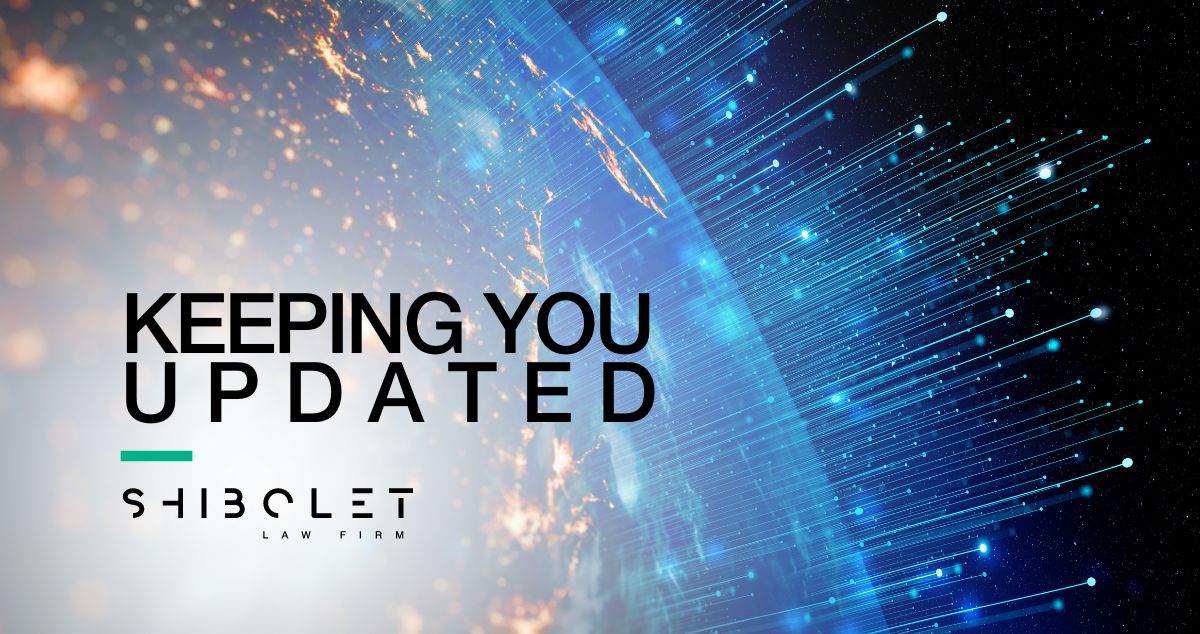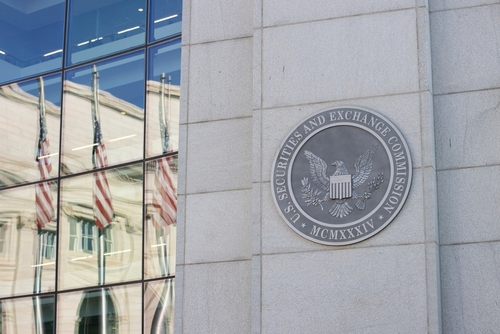
Dear clients and friends,
We have prepared the below pursuant certain matters arising from the March 10, 2023 closing of Silicon Valley Bank (“SVB”) and the resulting Federal Deposit Insurance Corporation (“FDIC”) receivership (the Federal Deposit Insurance Corporation (FDIC) is an independent agency created by the Congress to maintain stability and public confidence in the nation’s financial system. The FDIC insures deposits; examines and supervises financial institutions for safety, soundness, and consumer protection; makes large and complex financial institutions resolvable; and manages receivership).
General Background
As of Friday no other bank agreed to purchase-and-assume all of SVB’s assets and liabilities, which is the FDIC’s preferred manner of resolving a failing bank.
The FDIC created a new “deposit insurance national bank,” the Deposit Insurance National Bank of Santa Clara, for the purpose of allowing insured depositors access to their funds.
The FDIC’s press release, available here stated that insured depositors will have access to their funds no later than March 13, 2023.
Insured Funds
Funds held in deposit accounts at SVB are insured in an amount of up to $250,000 per depositor (the “FDIC Insured Amount”). In general and subject to FDIC technical rules, each separate entity in a corporate family, assuming it has a valid business purpose, is eligible for separate FDIC insurance coverage of up to $250,000 for all of such entity’s accounts.
According to the FDIC, all insured depositors will have access to their insured deposits by Monday, March 13, 2023.
No need to file a claim for the FDIC Insured Amount.
If you have any uninsured amounts – what’s next?
The FDIC stated that it will pay an advance dividend on account of an uninsured depositor’s claim within the coming week, probably from proceeds it was able to secure from the sale of SVB’s assets. It is too early to say when exactly such amounts shall be paid and exactly what percentage will be recovered for such amounts in excess of the FDIC Insured Amount.
As a longtime business partner of and counsel to SVB, we remain hopeful that the FDIC will be able to find a purchaser for SVB. We understand that an auction for the remaining assets of SVB is underway, with final bids due this afternoon US time and a result potentially arriving late Sunday US time. In the event such purchaser will not be found, it is likely that the FDIC will be selling the receivership assets over time.
With respect to future payments, an uninsured depositor will receive a receivership certificate representing its portion of the remaining payments.
Actions to consider:
According to the FDIC press-release, customers with accounts in excess of $250,000 should contact the FDIC toll–free at 1-866-799-0959, however we note that as of today, it is extremely difficult to actually reach anyone at the FDIC.
SVB’s customers should be prepared for a situation where any such amounts shall be paid over a long period of time and that not all amounts maintained with SVB will be recovered.
FDIC makes payments based on SVB’s account records. It is therefore recommended that clients be prepared with its current records in case the client’s and FDIC’s records do not align. We note it is not mandatory to file a claim for advance dividend.
Outstanding Loans
Interest and Principal Payments
FDIC’s noted that borrowers should continue to make payments in the same manner, according to the FDIC press release; if the account is auto-debited, it will probably continue to be until any other determination by the FDIC.
Loan Repayment/Refinancing
FDIC’s noted that borrowers have the right to refinance their loans with other financial institutions. In facilities where SVB is the secured party, it may be difficult to get lien releases given the current situation.
Borrower’s contractual obligations under credit agreements with SVB
At this time there is no clear answer as to whether borrower’s actions in contradiction with the applicable credit agreement (e.g., opening a bank account outside of SVB, incurring additional indebtedness, collections of AR from customers, etc.) may put such borrower in default.
We assume that the FDIC will require an analysis of specific terms of the borrower’s SVB credit agreement and other factual considerations, in order to determine the possibility of allowing alternative providers to provide financing notwithstanding a potential conflict with the existing SVB credit agreement’s covenants.
Loan Acceleration by the FDIC
It is likely that the FDIC does not have the ability to accelerate payments of a loan no in accordance with the provisions of an executed loan agreement, although the FDIC may (however not likely) exercise certain set-off rights with respect to deposits against such loans.
The FDIC has announced its intention to sell all assets of SVB. If a borrower’s loan will be sold, the borrower should be notified.
SVB’s UK Subsidiary
The Bank of England announced on March 10, 2023 that it has placed SVB UK Bank into resolution, in a press release available here
The FDIC as receiver will succeed to the rights of SVB as a shareholder of its UK bank subsidiary.
PLEASE DO NOT TREAT THIS MEMO AS AN OPINION OF COUNSEL AND EACH CASE SHOULD BE CAREFULLY EXAMINED ACCORDING TO THE SPECIFIC CIRCUMSTANCES THEREOF.
The FDIC regularly uploads up to date information, we recommend checking-in their website periodically here.
As this extremely precedential and fast-moving situation unfolds, we at Shibolet Law Firm are here for any questions and are working on a webinar regarding the current events with our international US and UK colleagues and will keep you posted.
Other lenders are providing offers for the provision of quick alternative financing/credit to accommodate affected companies’ cash and other business requirements.
If you need assistance in that respect or in any other matter, please do not hesitate to contact our special task force for current events.
This update is provided as general information only and may not be relied upon in any individual case without additional legal advice.











